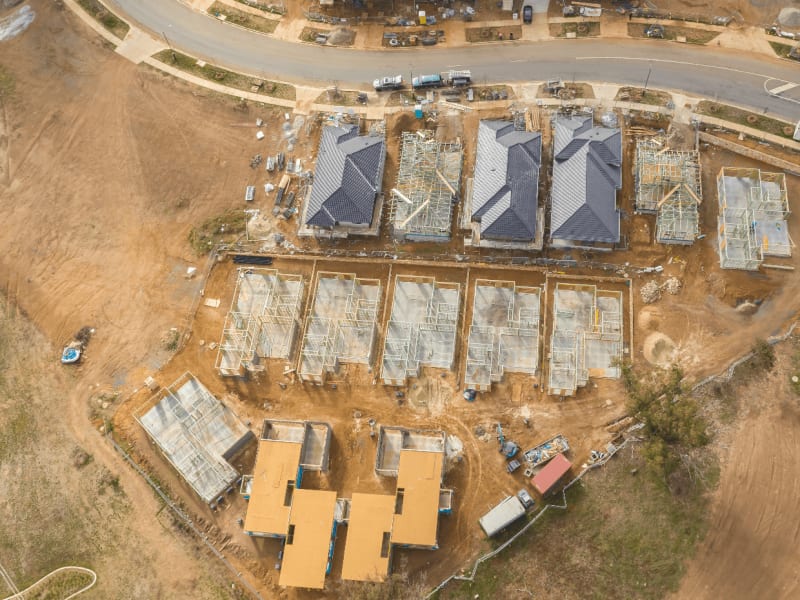The Commissioner of Taxation (the Commissioner) is proposing to update the rules relating to when recipients of taxable supplies are entitled to issue a recipient created tax invoices (RCTIs).
The proposed changes are detailed in draft Legislative Instrument LI 2022/D15 (LI 2022/D15) which has been released for public consultation. The deadline for affected stakeholders to provide their feedback to the Commissioner has been extended from 16 December 2022 to 31 January 2023.
TO RECAP - WHO CAN ISSUE RCTIS?
Holding a valid tax invoice in support of one’s input tax credit (ITC) claims is foundational to any GST system.
The default expectation is that the supplier of a taxable supply (e.g., seller of goods or services) will issue a tax invoice to the recipient.
In some cases, it may be commercially easier for the recipient of a supply to issue the tax invoice. However, the ability to issue RCTIs is not available to every entity. Instead, an entity can only issue an RCTI if they or the type of supply fall within the scope of a determination issued by the Commissioner.
Under Goods and Services Tax Ruling GSTR 2000/10 (Goods and services tax: recipient created tax invoice), the Commissioner specifies three classes of tax invoices that may be issued by recipients of taxable supplies without notifying or applying to the Commissioner, namely:
Taxable supplies of agricultural products made to GST-registered recipients;
Taxable supplies made to GST-reggovernment-related related entities; and
Taxable supplies made to GST-registered recipients whose annual GST turnover exceeds A$20 million.
In addition, the Commissioner has separately issued over 50 separate determinations being issued, each covering very specific industries or quite niche sectors (e.g., supplies made via vending machines).
IF FINALISED, HOW WILL LI 2022/D15 ALLOW RECIPIENTS TO ISSUE RCTIS?
LI 2022/D15, when finalised, is intending to replace these separate determinations with a single legislative instrument.
This is a welcome step in expanding the scope of which entities can issue RCTIs and also in allowing businesses to self-assess their eligibility to issue RCTIs.
Instead of each industry having its own separate determination, LI 2022/D15 is seeking to allow the following categories of recipients of taxable supplies to issue RCTIs in certain circumstances, namely:
- Government-related entities;
- Large business entities; and
- Business entities.
A “business entity” is defined as entities being registered for GST and carrying on an enterprise (regardless of GST turnover), whereas a “large business entity” is a business entity that has an annual GST turnover exceeding $20 million.
All government related entities and large business entities will be entitled to issue RCTIs. However, a business entity (i.e., with GST turnover less than $20 million) will only be entitled to issue RCTIs where the recipient is responsible for determining the value of the taxable supply it acquires.
HOW WILL LI 2022/D15 IMPACT YOU?
Section 7 of LI 2022/D15 sets out the relevant requirements for a recipient of a taxable supply to issue an RCTI.
Broadly, these are largely consistent with current practices, such as those contained in GSTR 2000/10. For example, the requirement that the supplier and recipient must execute a written agreement containing specified conditions (or have these conditions embedded into the RCTI) are detailed in section 8 of LI 2022/D15.
Critically, section 7(3)(b) of LI 2022/D15 requires that the recipient must “confirm that the supplier is registered for GST at the time the RCTI is issued”. No guidance is provided in the accompanying explanatory memorandum on this point. Potentially, this could mean that recipients must run an ABN check to confirm a supplier’s ABN and GST registration status before issuing each and every RCTI. If so, this could be an overly onerous exercise since most taxpayers do not currently run contemporaneous ABN checks for every invoice (whether a normal tax invoice or RCTI) they issue.
Whereas the current practice is for recipients to rely on the supplier providing a warranty to inform the recipient when it is no longer registered for GST, proposed LI 2022/D15 seems to raise the bar to now require recipients will need to take positive steps to have the supplier’s GST registration status confirmed with each RCTI it intends to issue.
WHEN WILL LI 2022/D15 TAKE EFFECT?
At this stage, there is no confirmed start date for LI 2022/D15.
Currently, the only guidance is that the final instrument will take effect the next business day after it is registered.
Submissions in relation to LI 2022/D15 are required by 31 January 2023 and we would be happy to take your comments into consideration. If you would like to discuss the draft LI 2022/D15, or your current RCTI arrangements, please contact us.
For further information
Please reach out to Sam Mohammad for assistance, or contact your nearest RSM office.








